This post is also available in: Español (Spanish) Kreyòl (Haitian Creole)
"This is a time that calls for bold leadership and innovation. Post-pandemic, our grantees, communities and partner organizations will need to be strong to re-imagine and rebuild systems centered on racial equity. They have the leadership, knowledge and resolve to advance their communities; we want to be a catalytic partner in that process."
La June Montgomery Tabron, president and CEO of WKKF
The impacts of the pandemic were disproportionately felt by people of color, and stressed already fragile systems such as education, housing, health care, transportation, justice and the economy. Additionally, violent racial injustices in the U.S. gained international attention, shining additional light on systemic racism and inequities, prompting calls for justice.
Amid these crises, communities demanded bold leadership. The W.K. Kellogg Foundation (WKKF) heeded this call through a historic two-year, $300 million social bond commitment in October 2020 to finance grants and program-related investments. The unprecedented step helped 344 grantees and community partners across the globe realize a more equitable future for children, families and communities.
"We wanted to have the resources deployed rapidly and deployed directly to the community … . We committed to spending all $300 million over two years. And we did that to support early childhood education, workforce development, leadership and equity issues – places in which we knew existing pain points were going to be exacerbated."
Dr. Carla Thompson Payton, chief strategist and impact officer at WKKF
Grants were made with the following categories, aligning to WKKF priorities and 11 of the 17 United Nations’ Sustainable Development Goals:
- Innovations in quality early childhood education, employment equity or economic equity and health equity, including innovative approaches, programs, practices and policies to ensure inclusive and equitable opportunities of learning, family economic security and health for all.
- Philanthropic partnerships in support of community efforts to respond, repair, rebuild and re-imagine during and after COVID-19.
- Building the capacity of leaders of color and people of color-led institutions to level the playing field, including expanding WKKF’s grantee base.
- Supporting racial equity, racial healing and narrative change, including violence reduction and providing access to justice for all.
- Aiming at policy advocacy and systems change, focusing on promoting social, economic and political inclusion, and removing systemic barriers for equitable and accountable systems.
From October 2020 to October 2022, nearly 350 grantees received resources from the foundation’s social bond to shore up their work, their organizational infrastructures and to support the children and families who were most impacted by the disruption of the pandemic.
For this 2023 annual snapshot, we’ve curated stories of grantees reflecting on the short-term impacts these resources are making for the children, families and communities they serve. We hope you’ll take a moment to read these stories as a glimpse into this critical period in our shared history.
“We aligned the social bond to the work that we currently do, as a way to both support our grantees who are already trusted community partners, but also to be able to identify new grantees who were on the frontlines of this massive global event. More support was needed across a larger swath of nonprofit organizations to shore up communities.”
Dr. Carla Thompson Payton
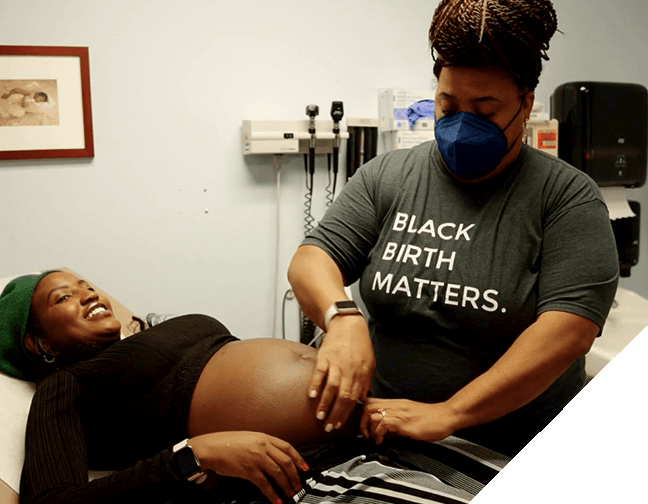
Across the United States, a documentary film called Birthing Justice that humanizes the stories of Black mothers and children is gaining attention to inspire leaders to help improve outcomes through its stories of grief and hope.
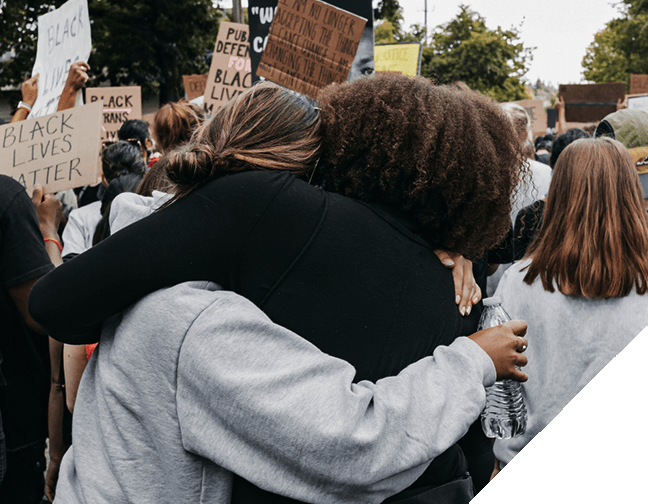
Also, as education systems are strained and teachers experience the trauma and challenges of the pandemic and a wave of racial unrest triggered by the murder of George Floyd, The Teaching Well creates a racial healing curriculum to replenish educators mentally, emotionally and physically.
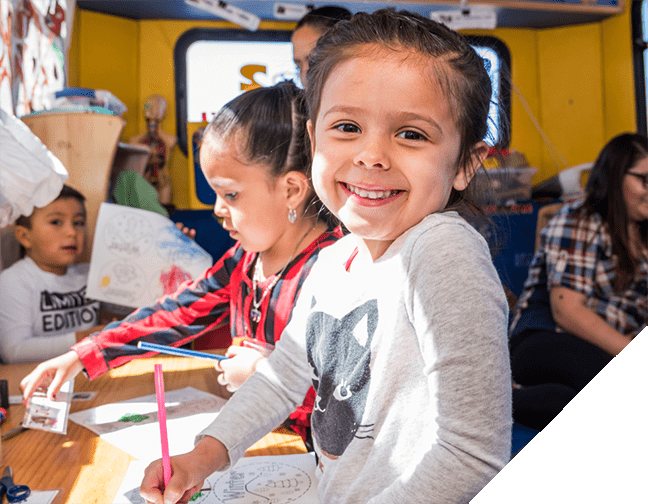
In western Colorado, Valley Settlement is using a multi-generational approach to community engagement through mobile preschools, adult education and peer mentoring programs to foster better connections between parents and schools, honoring and listening to the many Latino families it serves.
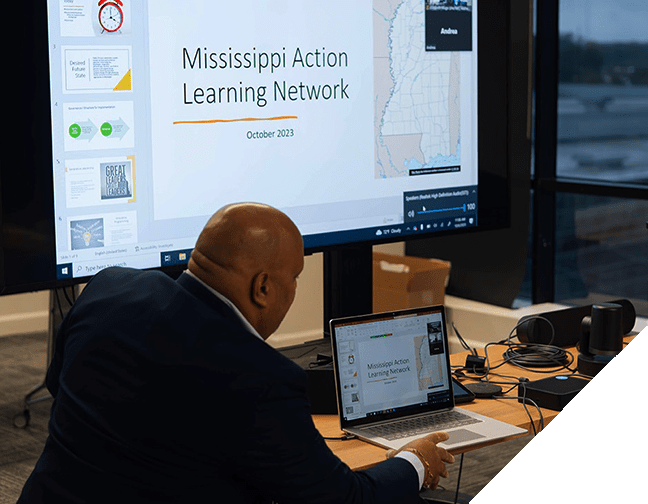
A collaboration in Mississippi within the Action Learning Network is innovatively uniting community leaders and stakeholders, aiming to elevate family services and foster economic resilience.
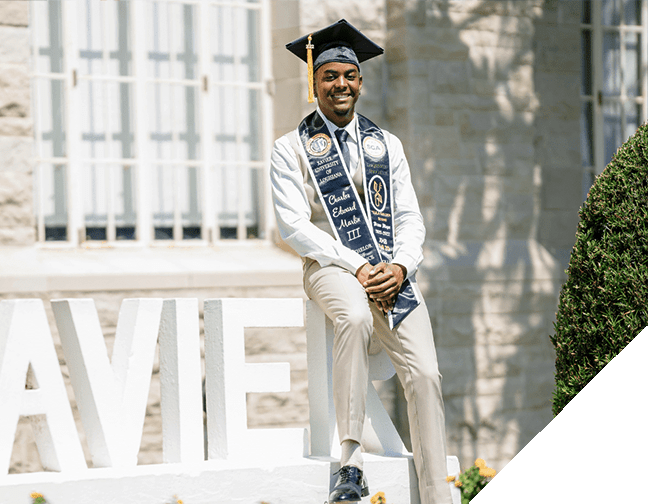
A groundbreaking partnership in New Orleans between a Historically Black College and University and a health care system is transforming community health and wellness in Louisiana, setting new standards for health equity.
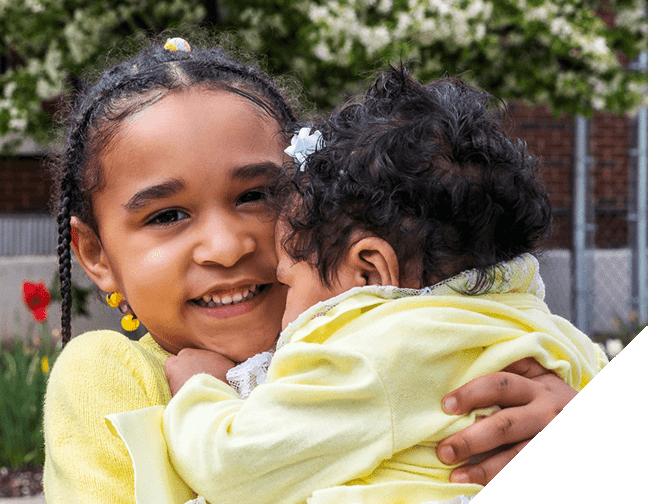
Child care in Michigan is being re-imagined through a blend of innovation, community driven solutions, and strategic partnerships to boost quality and accessibility.
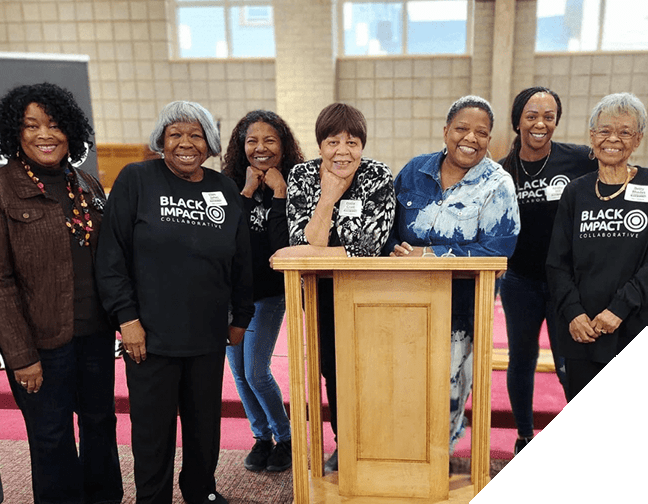
Unveiling Grand Rapids‘ innovative journey to bridge health gaps through unity and trust, a testament to community strength in nurturing equitable health outcomes.
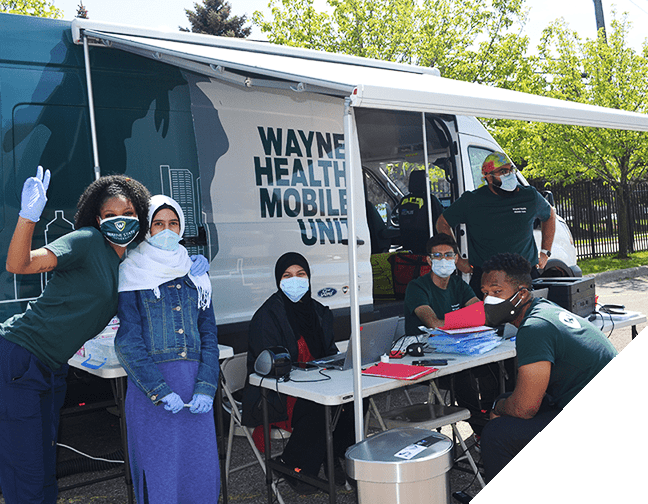
Community-driven strategies in Detroit enhance COVID response, showcasing the strength of local collaboration and innovation in tackling health challenges.
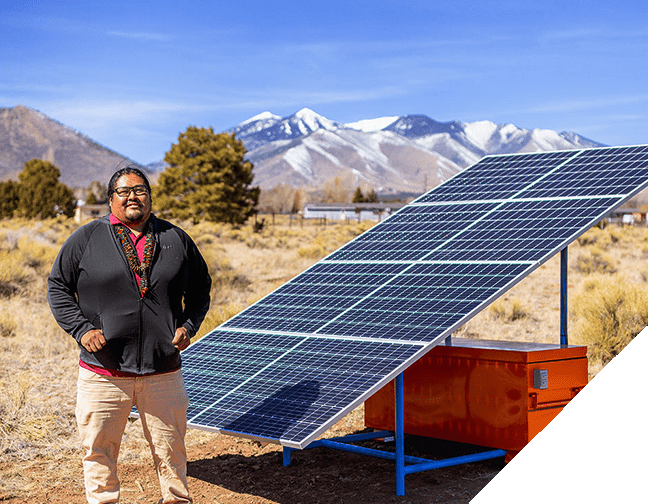
In New Mexico, with an Indigenous lens, Navajo Power leads in providing sustainable energy solutions, highlighting the importance of community-focused development and the transformative power of clean energy infrastructure on Tribal lands.
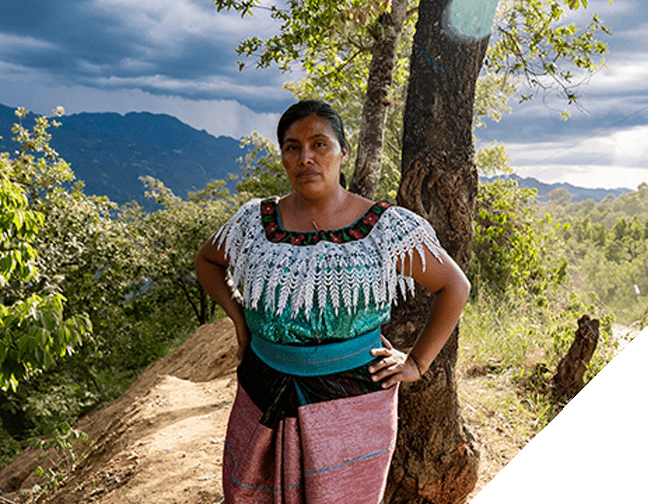
Empowering remote Indigenous communities in Mexico’s Chiapas Highlands, a $2.3 million grant initiative led by Fundación Cántaro Azul and women leaders is revolutionizing access to clean water, setting a precedent for community management and rights advocacy.
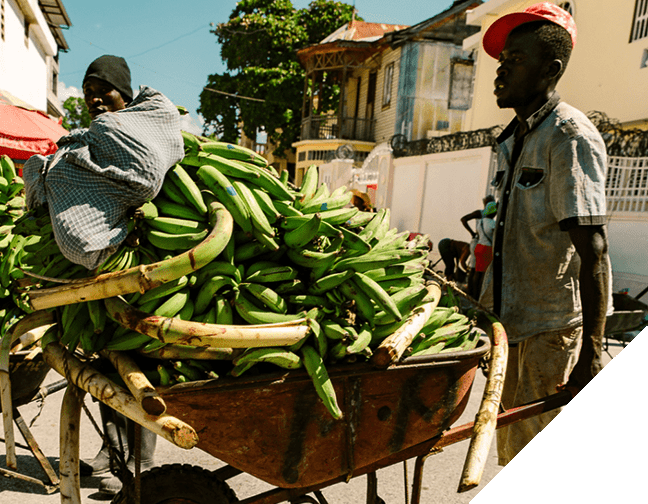
AyiboStudio sheds light on the Haiti Food Systems Alliance’s growth and its positive ripple effects, supported by a $2 million Acceso grant, enriching agricultural networks and community nutrition.
- Learn from WKKF grantees and check out their reports, videos and other published resources.
- Check out reflections from WKKF president and CEO and WKKF board chair.
- 2023 Annual Snapshot

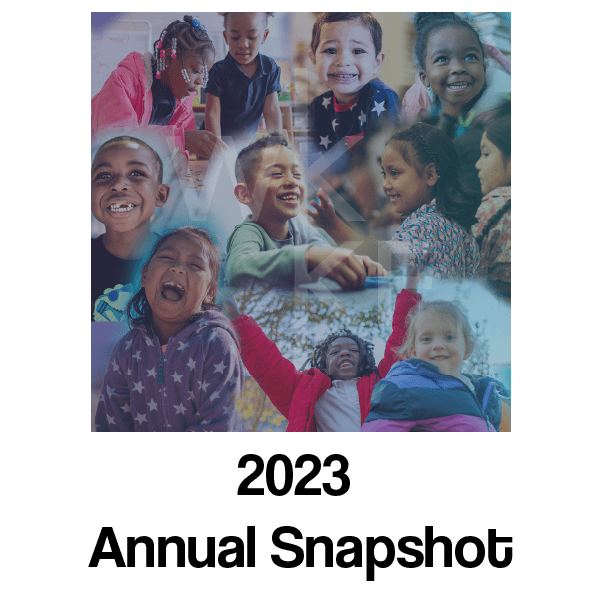
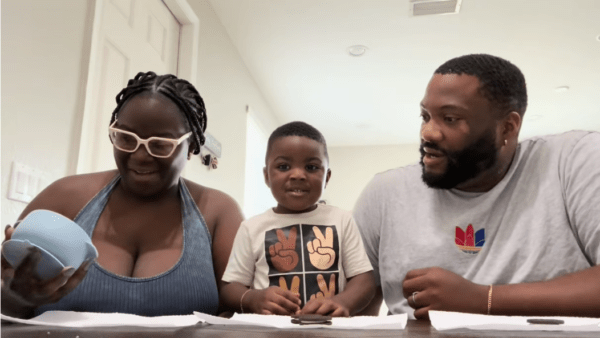
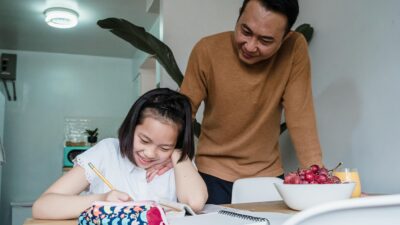
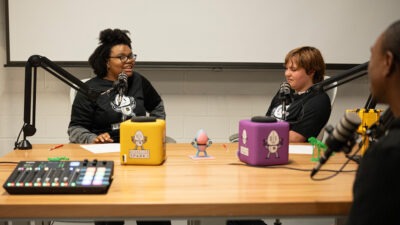
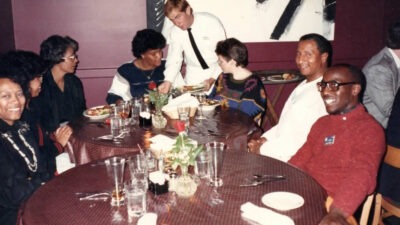
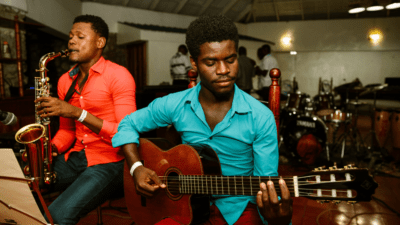

Comments